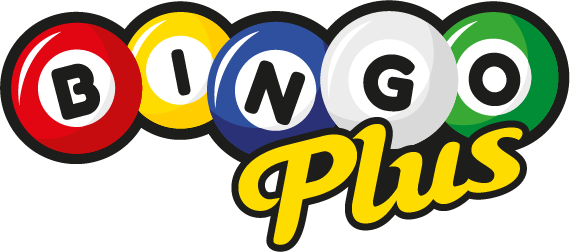The online casino industry has witnessed exponential growth over the past decade, driven by advancements in technology, increased internet accessibility, and a growing acceptance of gambling activities. For many, the thrill of betting on games of chance from the comfort of their own homes is irresistible. However, with this surge in popularity comes the specter of concerns surrounding fairness and transparency. In a landscape rife with choices, understanding the nuances between fair play and rigged games is essential for players looking to engage in a trustworthy gaming experience.
The Concept of Fair Play
Fair play in online casinos primarily revolves around the integrity of games and the assurance that outcomes are not manipulated. Each legitimate online casino operates under strict regulation and employs Random Number Generators (RNGs) to ensure that each game produces results that are entirely random and unpredictable. This technology is the gold standard for fairness, as it prevents any bias that could influence games in favor of the house.
Key Features of Fair Play
-
Licensing and Regulation: Reputable online casinos are licensed and regulated by recognized authorities, such as the UK Gambling Commission or the Malta Gaming Authority. These bodies enforce strict compliance requirements that casinos must follow, ensuring that players’ interests are protected.
-
RNG Technology: The use of RNG technology is crucial for fairness. RNGs are regularly tested and audited by independent organizations, such as eCOGRA and iTech Labs, to verify that they meet industry standards for randomness and fairness.
-
Transparency: A hallmark of fair play is transparency. Reputable online casinos publish their payout percentages and statistical data about their games. This information enables players to make informed choices and understand their odds of winning.
- Responsible Gaming Measures: Fair online casinos prioritize player welfare by promoting responsible gaming practices. This includes providing tools for setting betting limits, self-exclusion options, and access to educational resources about gambling risks.
The Threat of Rigged Games
Conversely, rigged games significantly undermine players’ trust and enjoyment of online casinos. These are games that have been manipulated to provide a substantial advantage to the house, making it nearly impossible for players to win. The existence of such games is a sobering reminder of the potential dangers that lurk in the online gambling arena.
Identifying Rigged Games
-
Lack of Licensing: One of the most telling signs that an online casino may be operating rigged games is the absence of a credible gaming license. Casinos operating without regulatory oversight are not held accountable for their practices, making it easier for them to engage in dishonest activities.
-
No Independent Audits: Legitimate gaming platforms submit their games to independent audits to ensure fairness. If a casino does not provide this information or refuses to be audited, it raises red flags about the integrity of its games.
-
Unreasonable Terms: Many rigged casinos lure players in with enticing bonuses and promotions. However, these often come with misleading terms and conditions, including unrealistic wagering requirements that make it difficult for players to cash out their winnings.
- Poor Customer Support: If a casino has subpar customer support or lacks accessible communication channels, it may be indicative of a rogue operation. Trustworthy casinos prioritize player satisfaction and maintain responsive customer service.
Navigating the Online Casino Landscape
For players keen on exploring the exhilarating world of online casinos, it is essential to approach the landscape with caution and knowledge. Here are some practical steps to ensure a safe and enjoyable gambling experience:
-
Do Your Research: Before signing up, take the time to read reviews and ratings of different online casinos. Look for certified reviews from reputable sources that evaluate casinos based on their licensing, game selection, payout rates, and customer service.
-
Check for Licensing Information: Always choose casinos that display their licenses clearly, typically in the footer section of their website. Verify the legitimacy of their licensing authority to ensure compliance with gaming regulations.
-
Explore Games: Investigate the game’s software providers. Established names like Microgaming, NetEnt, and Playtech are known for their commitment to fairness and high-quality gaming experiences.
-
Understand Bonuses and Promotions: Read the fine print of any promotions. Look for casinos with clear and fair terms and conditions regarding bonuses and wagering requirements.
- Utilize Trial Play Options: Many online casinos offer free play modes for their games. Use these opportunities to familiarize yourself with the mechanics and fairness of the games before wagering real money.
Conclusion
The online casino landscape is a dynamic and exciting realm filled with potential rewards and risks. Understanding the difference between fair play and rigged games is crucial for anyone considering participating in online gambling. By choosing reputable, licensed casinos that prioritize transparency and player protection, enthusiasts can enjoy a safe and thrilling gaming experience. In doing so, they can focus on what truly matters: the excitement of the game and the potential for a rewarding win.




